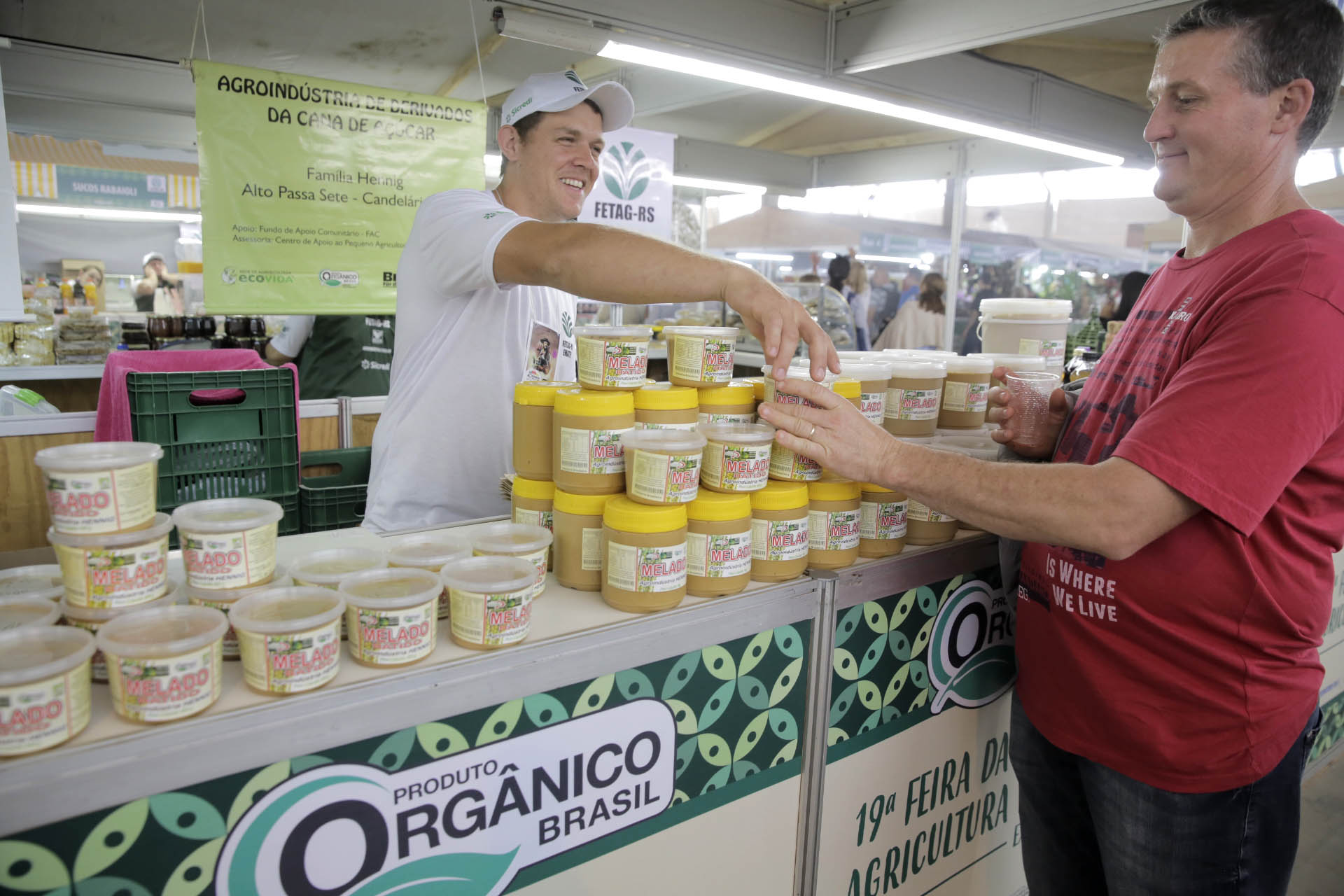

The National Policy (PNAPO) has been implemented in Brazil since 2012, aiming at fostering sustainable agricultural practices and healthy food consumption habits; empowering family farmers, traditional communities, women and youth; and promoting sustainable rural development through specific programs and financing for smallholder farming. It is a multi-sectoral and multi-stakeholder interdisciplinary policy on a federal level, whose initiatives have been implemented throughout the five Brazilian regions, with verifiable results.
Some programmes and initiatives currently included in the flagship of PNAPO already existed before its creation. Nonetheless, with the establishment of the policy and the creation of CNAPO, those programmes have been strategically articulated and integrated into PNAPO’s general objectives and working plan, guaranteeing more participative planning, implementation and monitoring processes.
One of the PNAPO’s main instruments is the National Plan for Agroecology and Organic Production (PLANAPO), which must always include at least the following elements: overview/diagnosis, strategies and goals, programmes, projects, actions, indicators, deadlines and a management structure (Article 5 of Federal Decree 7,794).
The main goals and initiatives of PLANAPO are to strengthen agroecological and organic production networks, increase the supply of Technical Assistance and Rural Extension (ATER), focusing on agroecological practices; increase access to water and seeds, strengthen government procurement of products, increase consumers’ access to healthy food, without the use of agrochemicals or transgenics in agricultural production, thus strengthening the economic value of the farming families. PLANAPO seeks also to expand access to land.
Despite “civil society proposals have not been fully included in the final version of the PLANAPO, there is a general consensus on the fact that the Plan marks an historic moment, an important step forward in the direction of a more sustainable peasant agriculture, especially in a country such as Brazil where the agribusiness model still keeps on maintaining a great influence on government policies, due to its economic importance”.
According to ANA, there are several good points to be highlighted in the first PLANAPO (2013-2015). Among the positive aspects are the actions that had a budget for implementation and which made an important contribution to the advancement of agroecology. Among the negative aspects of the first PLANAPO are the very small budget for policies such as the Ecoforte Programme and Technical Assistance and Rural Extension.